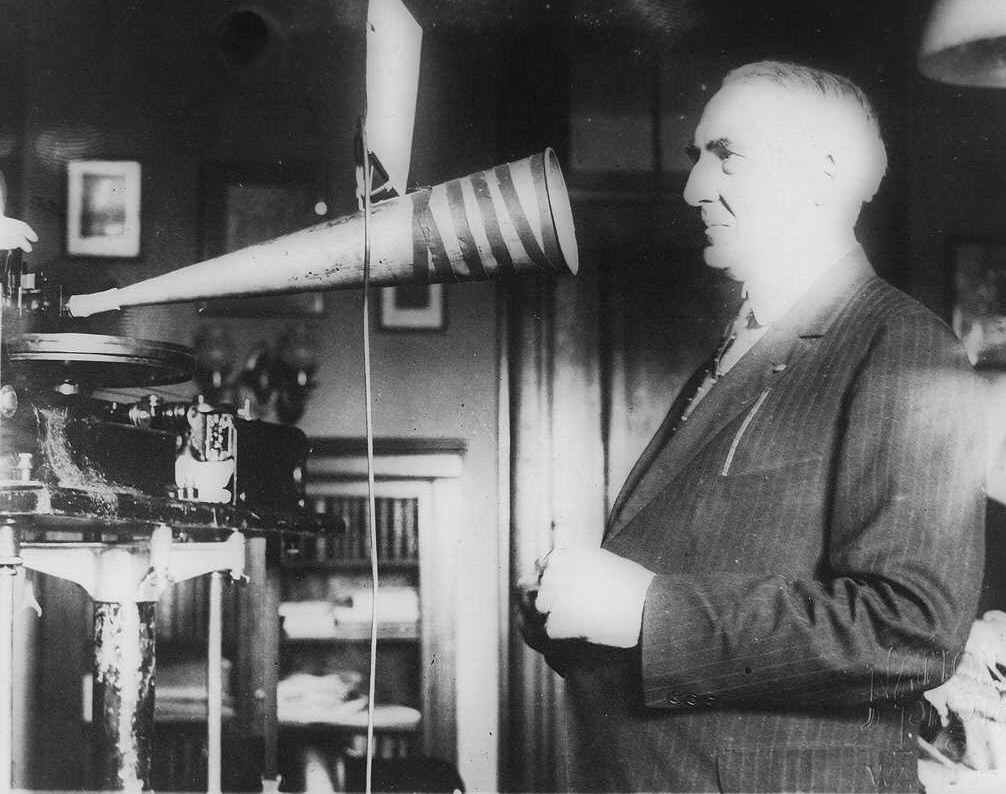5 ways to improve your pronunciation
So, the big day has finally come. The first post from our pronunciation king, Billy. I won’t frighten you by including a photo!
Here’s what he has to say… Why is good pronunciation important?
So that you can be understood would probably be your first and most important answer. But practising also improves your listening skills and allows you to understand native speakers when they speak fast. Here are five tips to help you improve your pronunciation.
1. Practise for at least 20 minutes a day. The sounds of English may be very different from the sounds of your language and your tongue often feels strange and unnatural in some of these positions. You need to practise so that your tongue and lips get used to these positions. The biggest mistake people make is that when they have learnt a sound for the first time they think they will be able to reproduce it perfectly after that. You need to practise these sounds so that they become second nature. Watch how native speakers move their lips and practice your lip movements in the mirror.
When you learn a new word, make sure you also learn its pronunciation. The longer you pronounce the word incorrectly the more difficult it will be to change it in the future. You will also pronounce similar words incorrectly. Most dictionaries will also tell you how a word is pronounced using IPA (International Phonetic Alphabet). There are some really good online dictionaries with an audio feature, which allows you to hear the word.
Here’s a good online dictionary.
http://dictionary.cambridge.org
Here’s a good site if you want to learn IPA.
http://www.stuff.co.uk/calcul_nd.htm
2. Try to imitate spoken English. When you watch T.V., a movie or listen to a podcast, try imitating the way the person speaks. Especially for expressions for saying hello and goodbye, asking for information, or other functional language. Stress and Intonation are very important. Pay particular attention to them.
Here’s a good site for some podcasts in English.
http://www.podcastsinenglish.com/index.shtml
3. Record yourself speaking in English. It is important that you know what you sound like speaking English so that you know what you need to improve. If you listen to podcasts regularly, you could record yourself saying one of the sentences from the podcast and compare it to the original. Most mobile phones and laptops have apps for recording voice.
4. You will learn more pronunciation, in particular the characteristics of connected fluid speech, outside the classroom than you will inside the classroom. Ask yourself why you have chosen to learn English in an English speaking country. Your answer is probably: so I can be immersed in the language. Well learning doesn’t end when the class does. Take a walk and eavesdrop (to listen to peoples’ conversations without them knowing) on natives. Choose situations that are familiar to you, ordering coffee at a café for example. Listen for rhythm, stress patterns, intonation, and weak forms (a change in the sound of a word when it is unstressed and spoken in a sentence). Identify the kinds of words you hear clearly – nouns, adjectives, verbs, etc., and the ones you don’t – articles, modals, pronouns, etc. This will also help to improve your vocabulary and listening.
5. Use the Internet. There are loads of sites that will help you to improve your pronunciation. Just Google ‘ESL Pronunciation’ and you’ll see thousands of sites. ESL means English as a Second Language. English teachers often post pronunciation videos on You Tube. Check some of them out. If you like the teacher, check out some more of their videos. Here’s a few to get you started.
Websites
http://www.bbc.co.uk/worldservice/learningenglish/grammar/pron/
http://www.englishclub.com/pronunciation/
http://esl.about.com/od/pronunciationtechniques/Pronunciation_Techniques.htm
You Tube
http://www.youtube.com/watch?v=dT30zZCXjIU
http://www.youtube.com/user/VirtuAule01/




